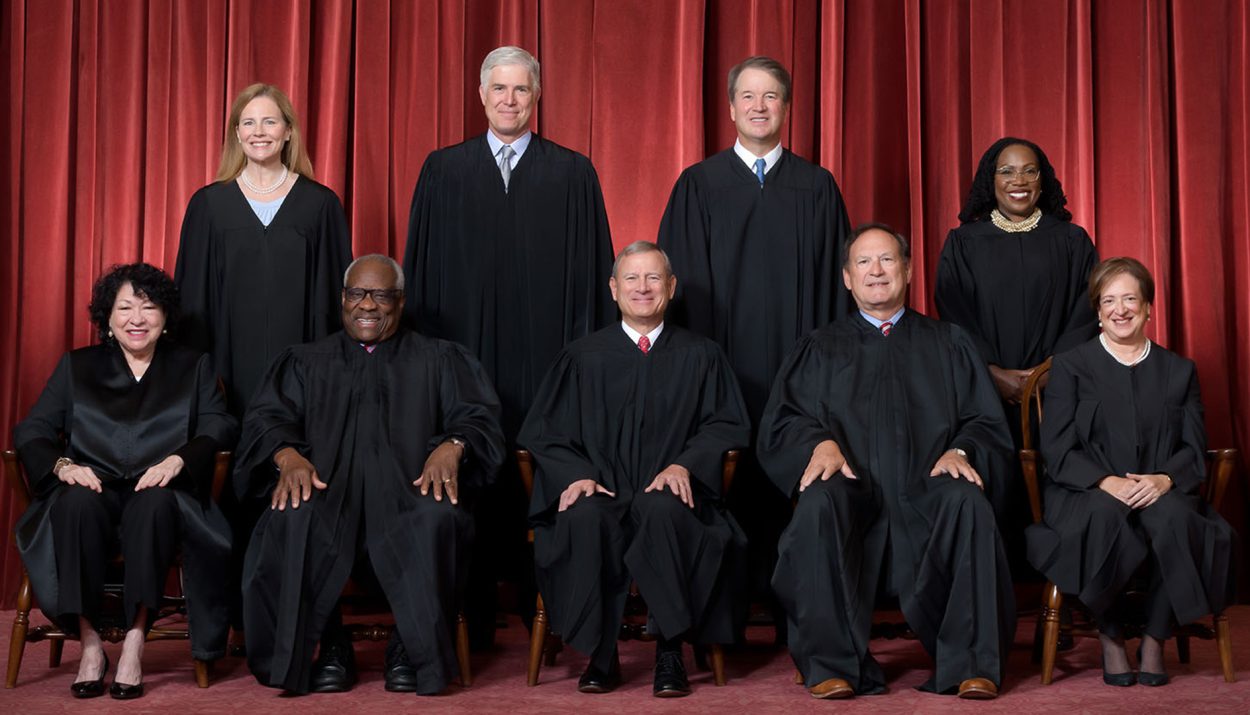In a recent turn of events, several cases challenging state bans on “assault weapons” are seeking immediate review by the Supreme Court. A YouTube Video that was recently shared highlighted these legal disputes, with consequences that go beyond state boundaries. Things have progressed significantly due to a perceived critical mistake by the state of Illinois in response to these lawsuits.
The Case
Illinois, along with several other states, is facing legal difficulties due to their bans on assault weapons and high-capacity magazines.
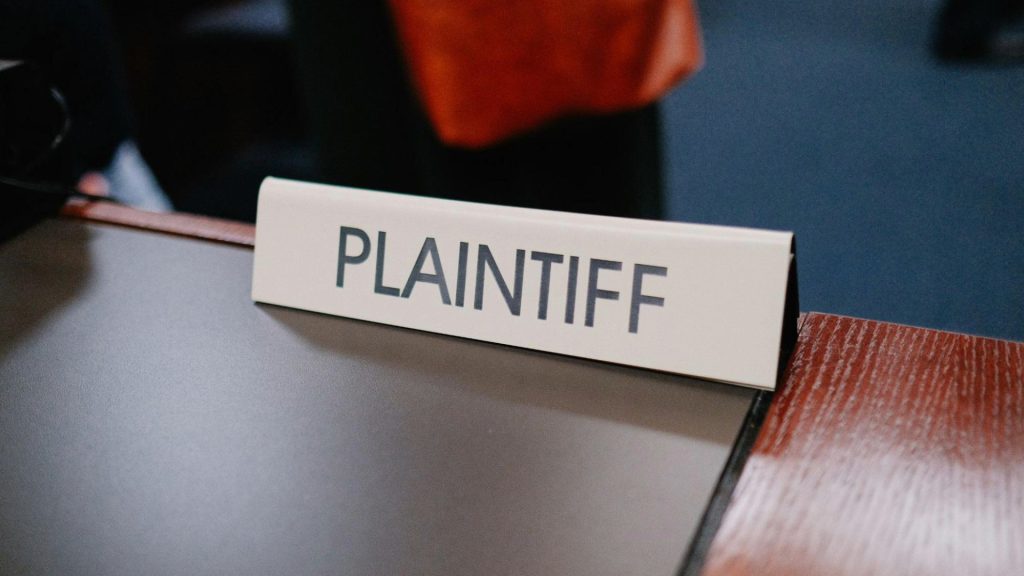
Yet, advocates for the Second Amendment have strategically utilized these disputes to seek direct intervention from the nation’s top judicial authority.
Error
Anthony Miranda from Armed Scholar, highlighted the pivotal development in these petitions, noting a critical error made by the State of Illinois that could ultimately define the course of these legal battles. The state made the argument that AR-15’ s do not fall under arms within the Second Amendment’s text, which they feel justifies their restrictions.
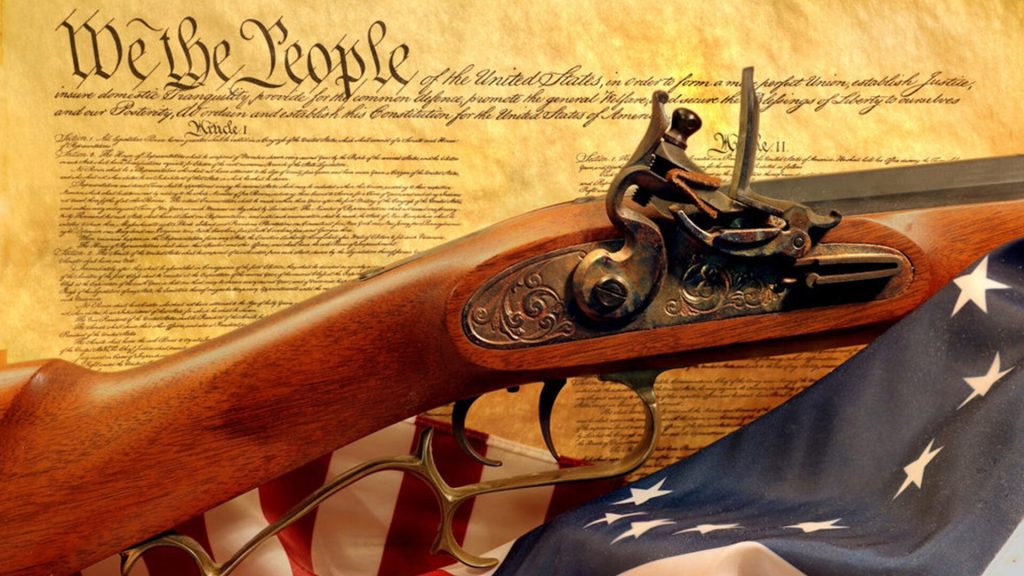
Miranda added that this bold assertion has ignited outrage among Second Amendment defenders and legal experts alike.
Represented
The cases in question include NAGR v. Naperville, Harrell v. Raoul, Barnett v. Raoul, GOA v. Raoul, Langley v. Kelly, and Herrera v. Raoul.

Together, these cases symbolize a unified attempt to challenge Illinois’ stringent gun laws, which have long been a contentious issue among gun rights advocates.
Bigger Trend
Miranda noted that Illinois’ tough stance mirrors a bigger trend. States are pushing boundaries with more strict gun laws, the envelope with stricter gun control laws, pushing to see how far the courts will go to allow restrictions to go under the Constitution.
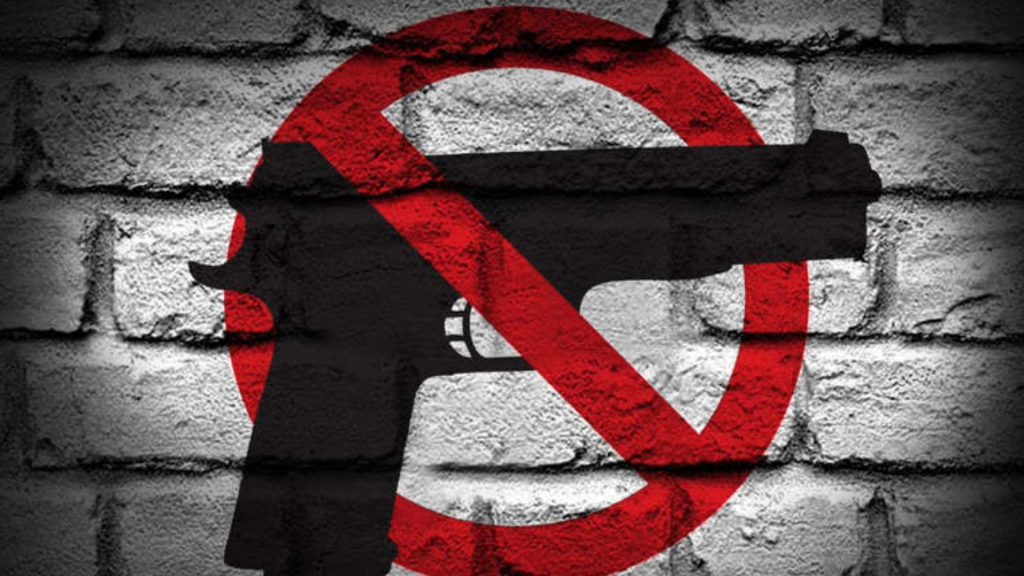
The results of the legal battles could reverberate nationwide, potentially reshaping the landscape of gun regulation.
Argument
On the flip side, Second Amendment supporters are pushing back in court. They contend that lower courts, especially the Seventh Circuit, have made a serious mistake.
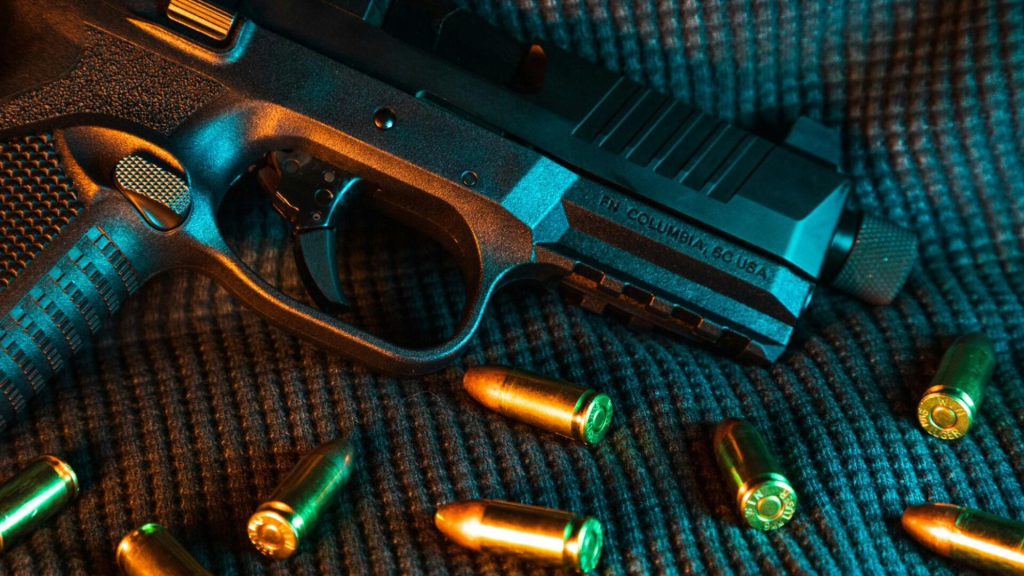
Their argument is that the court incorrectly equated AR-15s with military-grade weapons. They argue this ignores clear legal history and sets a bad tone.
The Consequences
Illinois argument carries significant consequences. By asserting that the AR-15s and similar rifles are not considered arms,

Miranda contends that the state is basically trying to sidestep constitutional protections afforded to firearm ownership.
Challenges
He went on to say that this rationale directly challenges the core principles of the Second Amendment,
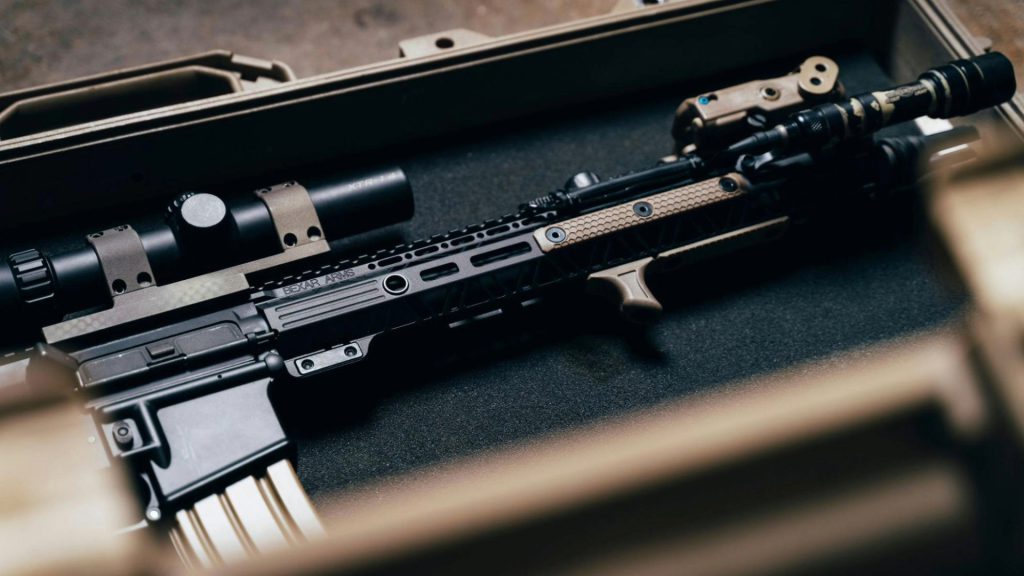
Laying the groundwork for a confrontation with the highest court in the nation.
Unintended Consequences
Nevertheless, Miranda pointed out that this aggressive approach by Illinois could backfire.
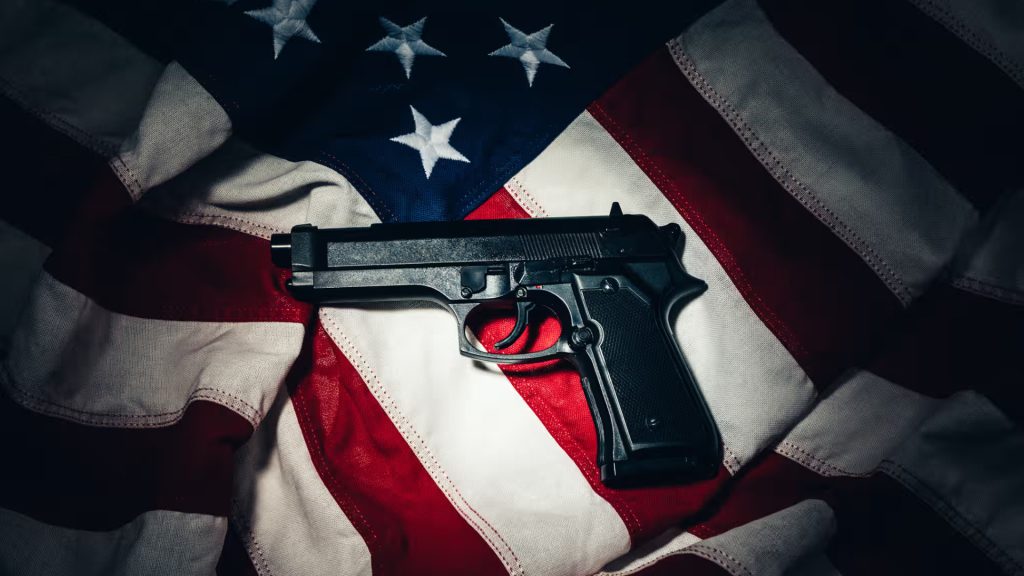
The Supreme Court might simply just remand the case back to the lower court. He noted that at the very least, Illinois is taking a huge risk.
Guaranteed Rights By The Constitution
Moreover, advocates underscored the widespread ownership and use of AR-15s for lawful purposes, including self-defense.

They contend, these firearms are without a doubt arms that are protected by the Second Amendment, and attempting to categorically ban them infringes on constitutionally guaranteed rights.
The Process
In conclusion, Miranda indicated that while Illinois’ response bolsters the case for Supreme Court intervention, it remains uncertain whether the Court will ultimately accept all six cases.

One obstacle is that these lawsuits are currently at a preliminary stage, and the Supreme Court typically prefers to wait for lower courts to complete the legal process before intervening.
Thoughts
What are your thoughts?
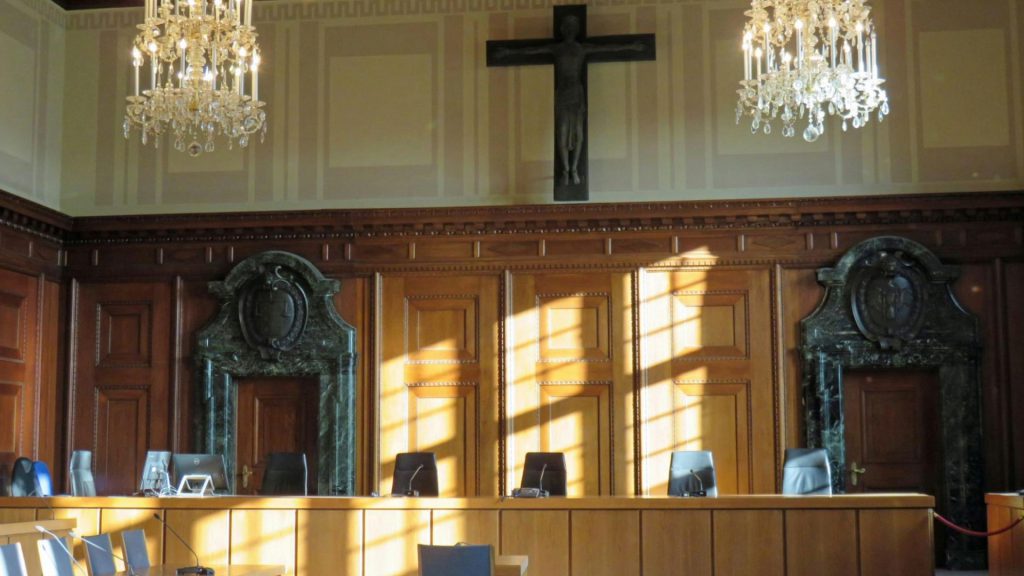
What approach do you think the Supreme Court should take when interpreting the Second Amendment regarding the bans on assault weapons and high-capacity magazines?

